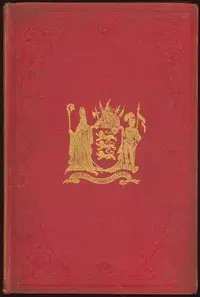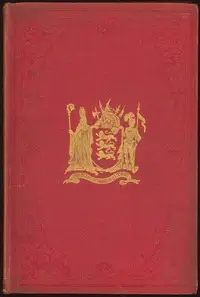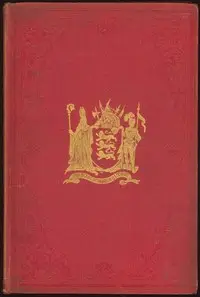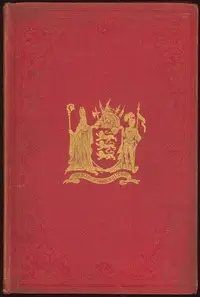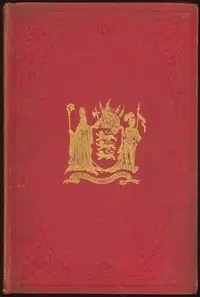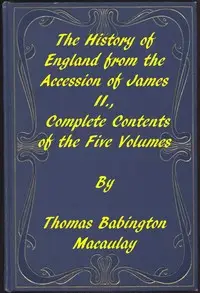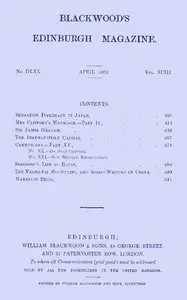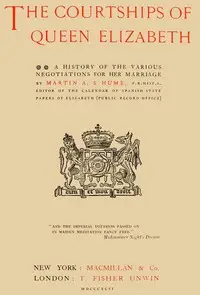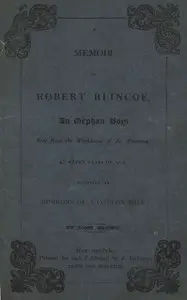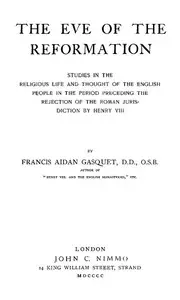"The History of England in Three Volumes, Vol. I., Part F." by David Hume is an 18th-century exploration of England's history, focusing on its monarchs and the troubles they faced. Beginning with the restoration of Charles II after the English Civil War, this historical work shows how the country changed with royal power, governance, and national conflicts. Readers gain understanding of key events and influential leaders like Charles II, as the book looks into the difficulties of his reign, his pursuit of peace, and the start of England moving towards a limited monarchy.
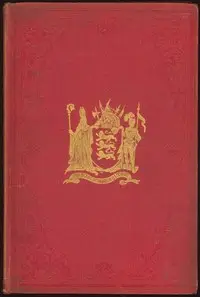
The History of England in Three Volumes, Vol. I., Part F. From Charles II. to James II.
By David Hume
After years of civil war, a king returns to his throne, but keeping peace and power proves more challenging than anyone imagined.
Summary
About the AuthorDavid Hume was a Scottish philosopher, historian, economist, and essayist who was best known for his highly influential system of empiricism, philosophical scepticism and metaphysical naturalism. Beginning with A Treatise of Human Nature (1739–40), Hume strove to create a naturalistic science of man that examined the psychological basis of human nature. Hume followed John Locke in rejecting the existence of innate ideas, concluding that all human knowledge derives solely from experience. This places him with Francis Bacon, Thomas Hobbes, John Locke, and George Berkeley as an empiricist.
David Hume was a Scottish philosopher, historian, economist, and essayist who was best known for his highly influential system of empiricism, philosophical scepticism and metaphysical naturalism. Beginning with A Treatise of Human Nature (1739–40), Hume strove to create a naturalistic science of man that examined the psychological basis of human nature. Hume followed John Locke in rejecting the existence of innate ideas, concluding that all human knowledge derives solely from experience. This places him with Francis Bacon, Thomas Hobbes, John Locke, and George Berkeley as an empiricist.

